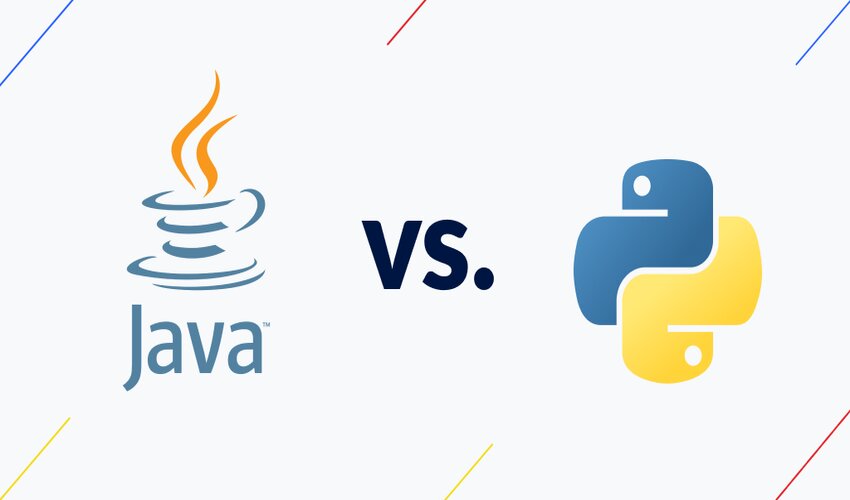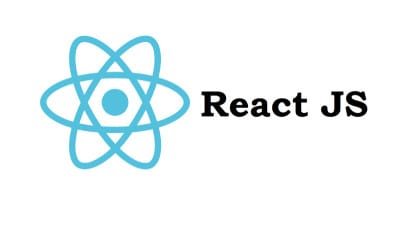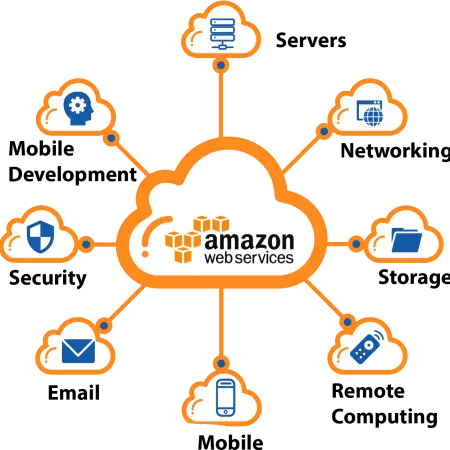Java is a popular and dynamic programming language that has a large number of applications, strong community support, and portability. Java is a powerful, widely-used, cross-platform programming language that places a significant focus on object-oriented concepts, automated memory management, and an extensive standard library. Java offers a stable and dependable platform for development, regardless of whether you’re creating desktop programs, online services, mobile apps, or business systems.
Python is a dynamically written high-level programming language that is renowned for being simple and readable. Python is a flexible and user-friendly programming language that is popular in many fields, including web development, data research, scientific computing, automation, and others. Both beginner and experienced programmers choose it due to its ease of use, readability, and large standard library.
Technman offers a wide variety of courses that allows you to learn both Python and Java. Python training with job guarantee allows you to learn Python easily and secure a good job in the market after learning the language. On the other hand, Java developer training helps you get good knowledge and know-how of the language.
There are a variety of uses for the popular programming languages Java and Python, and each has its own advantages and disadvantages. Below listed are the top 10 differences between Python and Java:
- Text Readability and Syntax
- Java employs curly brackets {} to denote code blocks, which some developers find to make the code appear more crowded and difficult to understand.
- Python places a strong emphasis on readability and uses indentation to identify code blocks. This results in concise and understandable code.
- Dynamic vs Static Typing
- Java is statically typed, so when you declare a variable, you must also declare its data type. This makes Java more resilient but more verbose since type-related mistakes may be caught at compile time.
- The type of a variable can be changed while a program is running thanks to Python’s dynamic typing system. Although this shortens and increases the flexibility of Python code, if not utilized properly, it may result in runtime issues.
- Compilation vs. Interpretation
- Due to the fact that Java is a compiled language, the code is converted into bytecode and run by the Java Virtual Machine (JVM). This offers platform independence but requires an additional compilation step.
- In contrast, Python is interpreted, which means that the Python interpreter runs the code line by line. This speeds up Python development, although Python execution may be slower than Java’s.
- Performance
- Performance-wise, Java typically outperforms Python. Java code may be highly optimized and performed more quickly since it is compiled into bytecode and executed on the JVM.
- Python is slower in contrast since it is an interpreted language, especially for CPU-intensive activities. However, Python includes a number of libraries, such as NumPy and Cython, that can significantly improve performance for specific jobs.
- Ecosystem and Libraries
- For corporate and server-side development, Java offers an extensive ecosystem of libraries and frameworks.
- Python is a popular choice in such fields because it has a strong ecosystem of libraries for data science and machine learning, including NumPy, pandas, and TensorFlow. Python has become widely used in web development, scripting, and automation because of its clarity and readability.
- Parallelism and concurrency
- The Java Concurrency API provides built-in support for concurrency and multithreading in Java. This qualifies it for use in creating apps that fully utilize multi-core processors.
- Because of its Global Interpreter Lock (GIL), Python is less suitable for multithreaded operations that are CPU-bound. Python may, however, accomplish parallelism with additional libraries or external processes like multiprocessing.
- Portability
- Java’s “Write Once, Run Anywhere” mantra is made possible by the JVM, which enables Java code to run unmodified across several platforms.
- Although the Python interpreter may need to be installed on the system being used for Python to be portable, this might occasionally cause issues with compatibility.
- Learning curve and community
- Java’s syntax and verbosity, while not as complicated as some other languages, can seem more difficult to beginners.
- Python is a great choice for beginners because of its repute for having a friendly and welcoming community. The language has a very flat learning curve due to its accessibility and simplicity.
- Error handling
- Java uses a checked exception system, so any exceptions your code might generate must be handled explicitly. A strict error-handling policy is enforced, although the code may become verbose as a result.
- Python employs an unchecked exception system, which allows the occurrence of exceptions without necessitating the collection of them. Though it can result in shorter code, this might also leave certain errors unhandled.
- Use Cases
- When performance and scalability are crucial, Java is often used in business software, Android app development, game development (using engines like Unity3D), and high-performance applications.
- On the other hand, Python has become popular for jobs including scripting, data science, machine learning, scientific computing, and web development (Django, Flask).
In conclusion, both Python and Java are strong programming languages with unique advantages and disadvantages. Your particular project needs, performance criteria, and personal preferences will determine which option you choose. Python excels in readability, learning easiness, and variety in fields like data science and web development whereas Java delivers performance and robustness.
Learning with Technman allows you to excel in both languages and gain a lot of knowledge from them. Be it Python training with job guarantee or the Java developer training course it allows you to learn whether you are a beginner or an expert in the field of development and excel in the field of programming.
Author Bio:
I am a content writer at Technman Consulting who is passionate about crafting engaging and informative pieces. Proficient in various niches, adept at SEO optimization, and skilled in creating compelling narratives. Delivering top-notch content on a regular basis that audiences find engaging and transforming ideas into impactful words is my forte.














Leave a Reply